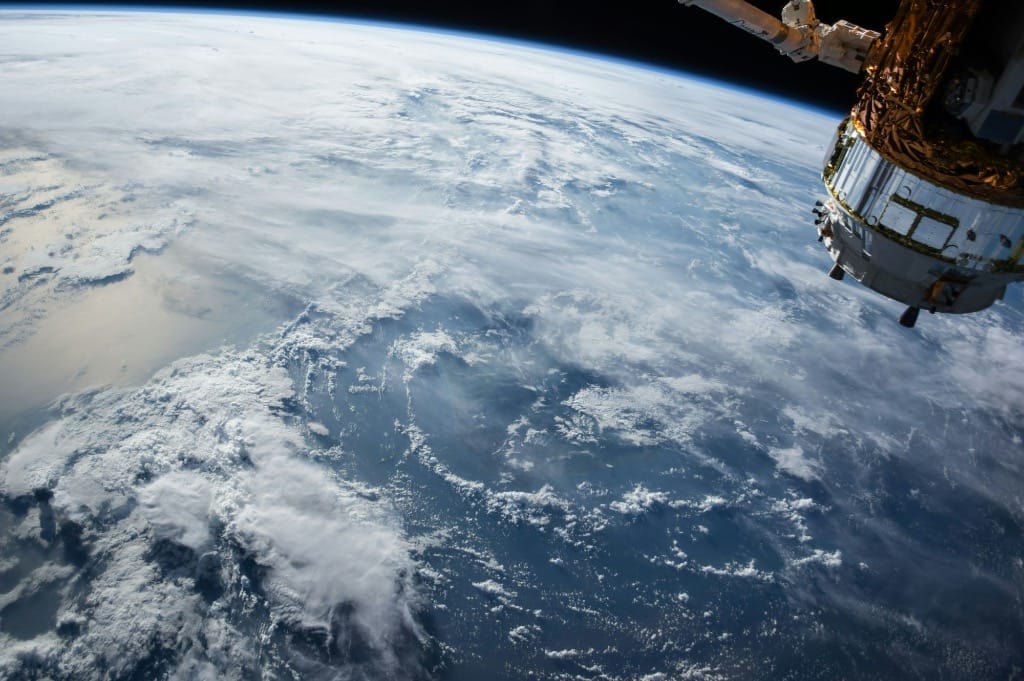FCC Should Pause LEO Launches, Scientists Say
More than 100 researchers warned of environmental harms from continued launches and re-entries.
Jake Neenan

WASHINGTON, Oct. 28, 2024 – More than 100 astronomers and other scientists urged the Federal Communications Commission to pause new broadband satellite launches until the agency assesses the environmental effects of planned mega-constellations.
“We shouldn’t rush forward with launching satellites at this scale without making sure the benefits justify the potential consequences of these new mega-constellations being launched, and then re-entering our atmosphere to burn up and/or create debris,” they wrote in a Thursday letter to the agency.
“We’re in a short window of time when we can prevent making a mess of space and our atmosphere rather than spend decades cleaning it up.”
Although other companies like Amazon have planned low-earth orbit satellite broadband services, shutting down launches effectively means pausing the growth of SpaceX’s Starlink service, whose 6,000 plus units make up more than 60 percent of all active satellites orbiting the planet. The company is asking the FCC to greenlight a constellation of nearly 30,000 satellites.
“That launching 30,000 to 500,000 satellites into low earth orbit doesn’t even warrant an environmental review offends common sense,” the scientists wrote. “The effects on the space environment such as orbital debris, and on the atmosphere, astronomy, climate, aviation, and surface all need to be considered.”
The astronomers said that review should be done in concert with other federal agencies and researchers, and should consider the combined effects of proposed constellations – both from American cand international companies – rather than on a one-by-one basis.
A study completed in June found that Starlink unites burning up upon reentering the atmosphere could deplete the ozone layer. The satellites have about a five year lifespan before they get decommissioned and sent back down to earth.
The scientists urged the FCC to follow recommendations in a 2022 Government Accountability Office report that said the agency should reconsider its practice of excluding large satellite licenses from stringent environmental reviews.
The agency said at that time that it anticipated reviewing its policies on the issue when the White House’s Council on Environmental Quality finished revising its federal environmental regulations. That revision came earlier this year.
The FCC and SpaceX did not immediately respond to a request for comment.
The letter also said “regulators should also ask if we really need multiple disposable constellations competing for the same limited space,” something that would cut against FCC Chairwoman Jessica Rosenworcel’s September call for more competition in the satellite broadband space.









Member discussion